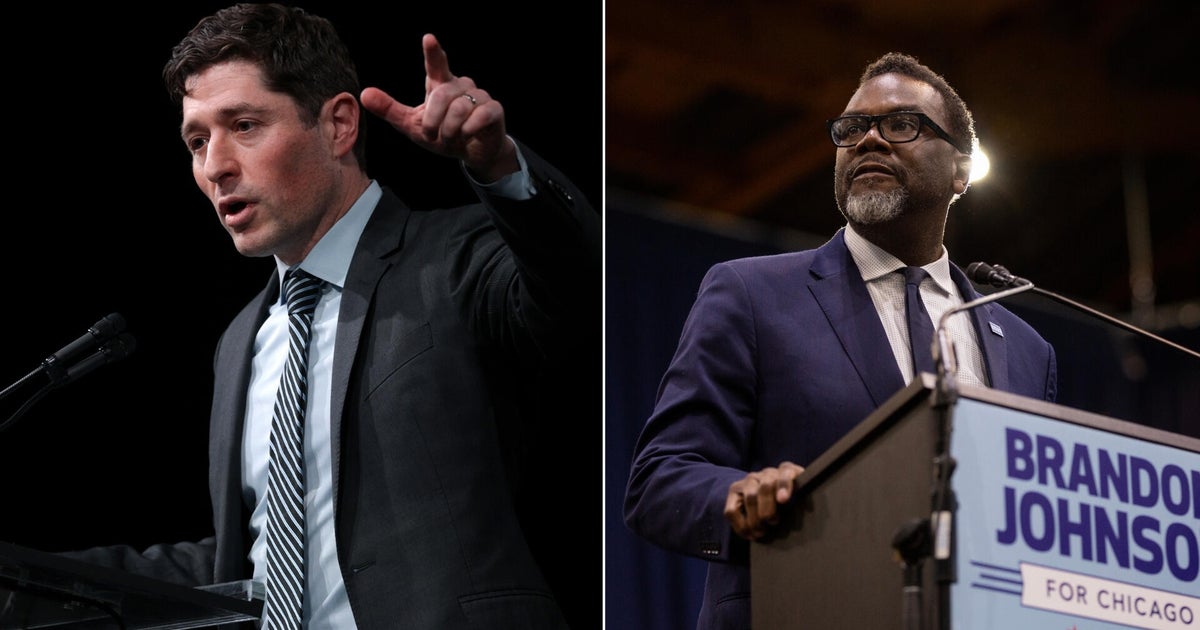Trump blames Chuck Schumer for diversity visa program
The 29-year-old man who mowed down pedestrians along a bike path near Manhattan's West Side Highway on Tuesday afternoon entered the U.S. in 2010 from Uzbekistan. President Trump said that the suspect arrived through the State Department's Diversity Visa program, a program the president falsely derided as a "Chuck Schumer beauty." Schumer has advocated ending the program.
On Wednesday morning, Mr. Trump tweeted that the man, identified as Sayfullo Habibullaevic Saipov, entered the country after being approved through the "Diversity Visa Lottery Program." This was the case, Sen. Chuck Grassley, the chairman of the Judiciary Committee, confirmed Wednesday in a press release.
"According to information received by the Judiciary Committee, Saipov entered the United States in 2010 on a diversity visa and has become a lawful permanent resident. The 29-year-old is now a resident of Tampa, Florida," Grassley wrote.
The Department of Homeland Security echoed that claim.
"DHS can confirm that the individual identified in the New York City terror attack was admitted to the U.S. upon presentation of a passport with a valid diversity immigrant visa to U.S. Customs and Border Protection in 2010."
Mr. Trump blamed Sen. Chuck Schumer, D-New York, the minority leader, for the creation of the program.
At least eight people died in the attack and 12 were injured. The attacker was shot and wounded by police.
The Diversity Visa Program was established by the Immigration Act of 1990. Sen. Ted Kennedy, D-Massachusetts, was the lead sponsor of the legislation and it was co-sponsored by Sen. Al D'Amato, R-New York, whom Schumer would later defeat. Schumer voted in favor of the bill in the House, which passed 264-118 and passed the Senate overwhelmingly in a 89-8 vote.
Under that law, the Diversity Visa Program has offered 55,000 immigrant visas in an annual lottery, beginning in the mid-1990s, according to a 2015 State Department tutorial. The lottery is meant to help diversify the immigrant population in the U.S. It draws applicants mostly from countries with low rates of U.S. immigration in the preceding five years, according to a State Department tutorial. Diversity visas are distributed among six geographic regions: Africa, Asia, North America, South America, Europe, Oceania, the Caribbean and Central America.
Applicants have a limited period every year to register, usually in October. Only people born in countries whose natives qualify to enter are eligible and if someone isn't born in an eligible country, applicants can still qualify through a spouse or a parent. The applicant must also meet the education or work requirement. The education requirement says that the applicant must have completed a 12-year course of elementary and secondary education in the U.S. or a comparable course of study. The work requirement involves meeting two years of experience in the last five years in an occupation for which the Labor Department requires two years of training or experience.
The State Department says that for fiscal 2019, which begins Oct. 1, 2018, 50,000 diversity visas will be made available. The following countries are ineligible because more than 50,000 natives from them have immigrated to the U.S. in the last five years: "Bangladesh, Brazil, Canada, China (mainland-born), Colombia, Dominican Republic, El Salvador, Haiti, India, Jamaica, Mexico, Nigeria, Pakistan, Peru, Philippines, South Korea, United Kingdom (except Northern Ireland) and its dependent territories, and Vietnam."
The president continued to tweet Wednesday about merit-based immigration.
Sen. Jeff Flake, R-Arizona, defended Schumer on Twitter Wednesday, pointing out that Schumer supported doing away with the program as part of the 2013 immigration bill crafted by the so-called Gang of Eight, a bipartisan group of senators working on immigration reform.
The Senate minority leader, in response to the president, compared Mr. Trump's reaction to that of then-President Bush after the 9/11 terror attacks.
"I've seen the tweets from President Trump," Schumer said on the Senate floor Wednesday. "After September 11, the first thing that President bush did was invite Sen. Clinton and me to the White House where he pledged to do what was ever in his power to help our city. President Bush, in a moment of national tragedy, understood the meaning of his high office and sought to bring our country together. President Trump, where is your leadership? The contrast between President Bush's actions after 9/11 and President Trump's action this morning could not be starker."
Schumer also went after the president on proposed funding cuts to anti-terrorism efforts, though it was unclear what program or programs he was referring to.
"I have always believed and continue to believe that immigration is good for America. President Trump, instead of politicizing and dividing America, which he always seems to do at times of national tragedy, should be focusing on the real solution -- anti-terrorism funding -- which he proposed cutting in his most recent budget," Schumer said. "I'm calling on the President to immediately rescind his proposed cuts to this vital anti-terrorism funding."
CBS News' John Nolen contributed to this report.



